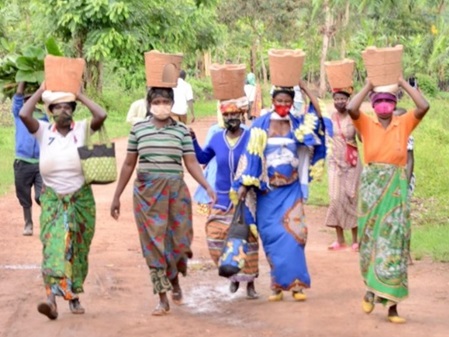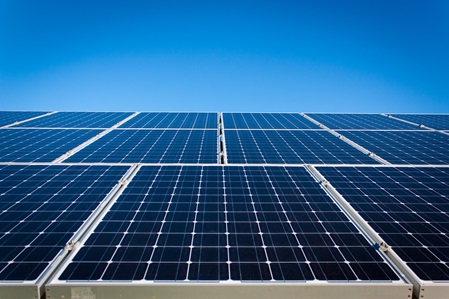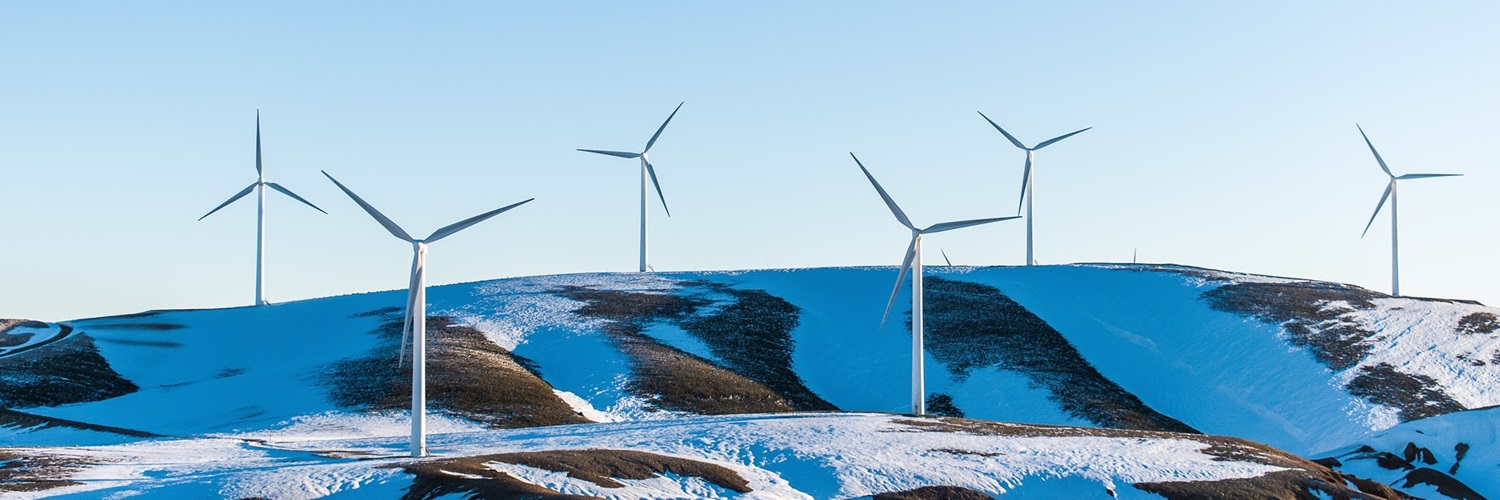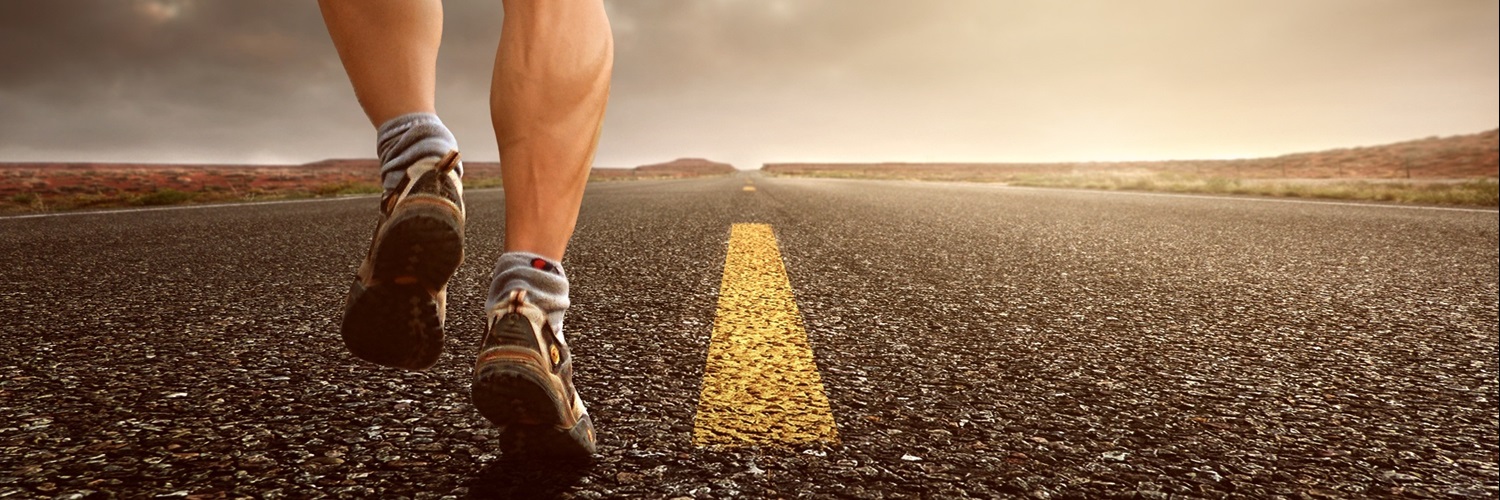Climate Projects
Below, please find brief descriptions of carbon projects that adhere to internationally recognised Standards.
These projects are "additional". This means the projects could not have been realized without the pay back via the revenue generated through the sale of carbon credits. Each project entails a series of valuable socio-economic benefits that go beyond greenhouse gas emission reductions. This can range from increasing living standards, allowing access to education, creating jobs, improving health conditions or infrastructure and further more.
We will be happy to assist you in selecting projects eligible to your business.
For further information please contact claudia.rosmanith@eecaustria.at

Nyagatare Safe Water Project
Rehabilitation of Water Wells in Rwanda
The Nyagatare Safe Water Project dedicates its core to the rehabilitation of broken water wells in rural Rwanda. As simple as this undertaking may seem, it demands a committed team and continuous control of the boreholes present to this day in the region. Besides providing clean water through a functioning water well, there are considerable positive side effects.
Currently, the population is fetching water from open ponds and streams. This means longer walks for collecting water as well as exposition to bacteria. This is why the water from open pounds has to be cooked before being used. Cooking takes place on open three stone fires, which burn the wood collected in an inefficient way, leading to high CO2 emissions. Additionally, the smoke from three stone fires leads to irritation of lungs and eyes.
The Nyagatare Safe Water Project provides clean water to the people, which results furthermore in a positive impact on health and environment altogether.
- Additionality and permanence: according to the rules of the Gold Standard
- Transparency: provided by Gold Standard Registry
GOLD STANDARD

Ibanda Makera Projekt
Improving the cooking infrastructure
In most rural communities, it is the women's and girls' responsibility to take care of family meals. Collecting firewood is part of this task. If they can't find nearby and safely accessible natural resources, women and girls will walk long distances to find sufficient firewood to cook for their families. By reducing the time needed to collect firewood, children can dedicate more time to learn for school and women to produce woven handicraft. These productes are then sold at local markets and generate income for their family.
Ibanda Makera natural forests: Overall, more than 110,000 indigenous trees species, like the Acasia sieberiana, the Dracaena afromontana or the Markhamia lutea, have been planted by LIKANO and its local partner REDO to extend the forest area and create new wildlife habitat. Several awareness and trainings programs allow to further consolidate the afforestation activities.
The School: The Ibanda Primary school welcomes over 1,200 pupils from the age of 6 to 13. Many schools in Rwanda have no or only few funds for new equipment. The new chairtable-combination sponsored by Likano and manufactured by local carpenters enables the teaching of more students at the same time, enhancing the comfort for the children and the teachers. A new playground will also allow the children to play volleyball and basketball.
- Additionality and permanence: according to the rules of the Gold Standard
- Transparency: provided by Gold Standard Registry
GOLD STANDARD

Siam Solar
The Siam Solar Energy 1 Project bundles 10 solar photovoltaic (PV) power plants across Kanchanaburi and Suphanburi Provinces in central Thailand. The solar PV systems are a cutting-edge, environmentally-sound technology with a capacity of approximately 10 MW per plant and deliver generated electricity to the grid.
- Additionality and permanence: according to the rules of the Gold Standard
- Transparency: provided by Gold Standard Registry
GOLD STANDARD

Wind Farm in New Caledonia
Small island nations like New Caledonia are often described as ‘the canary in the coal mine’ of climate change, with many already experiencing the impact of rising tides and damaging storms. These wind farms use world class technology to provide New Caledonia with sustainable energy to combat climate change whilst also addressing various social issues.
- Additionality and permanence: according to the rules of the Gold Standard
- Transparency: provided by Gold Standard Registry
- Annual CO2-Reduction: 36,000 tCO2e




